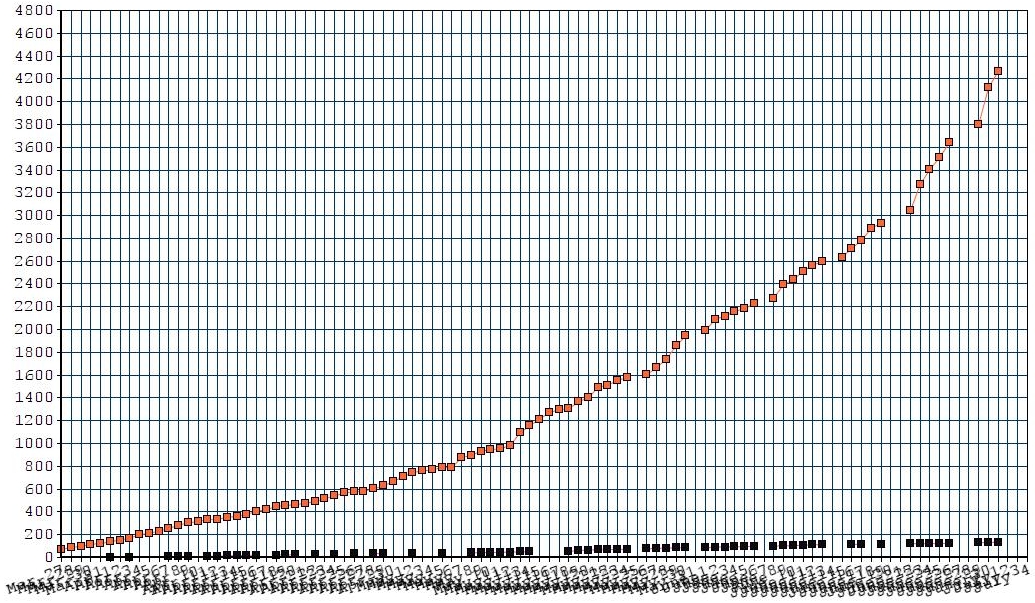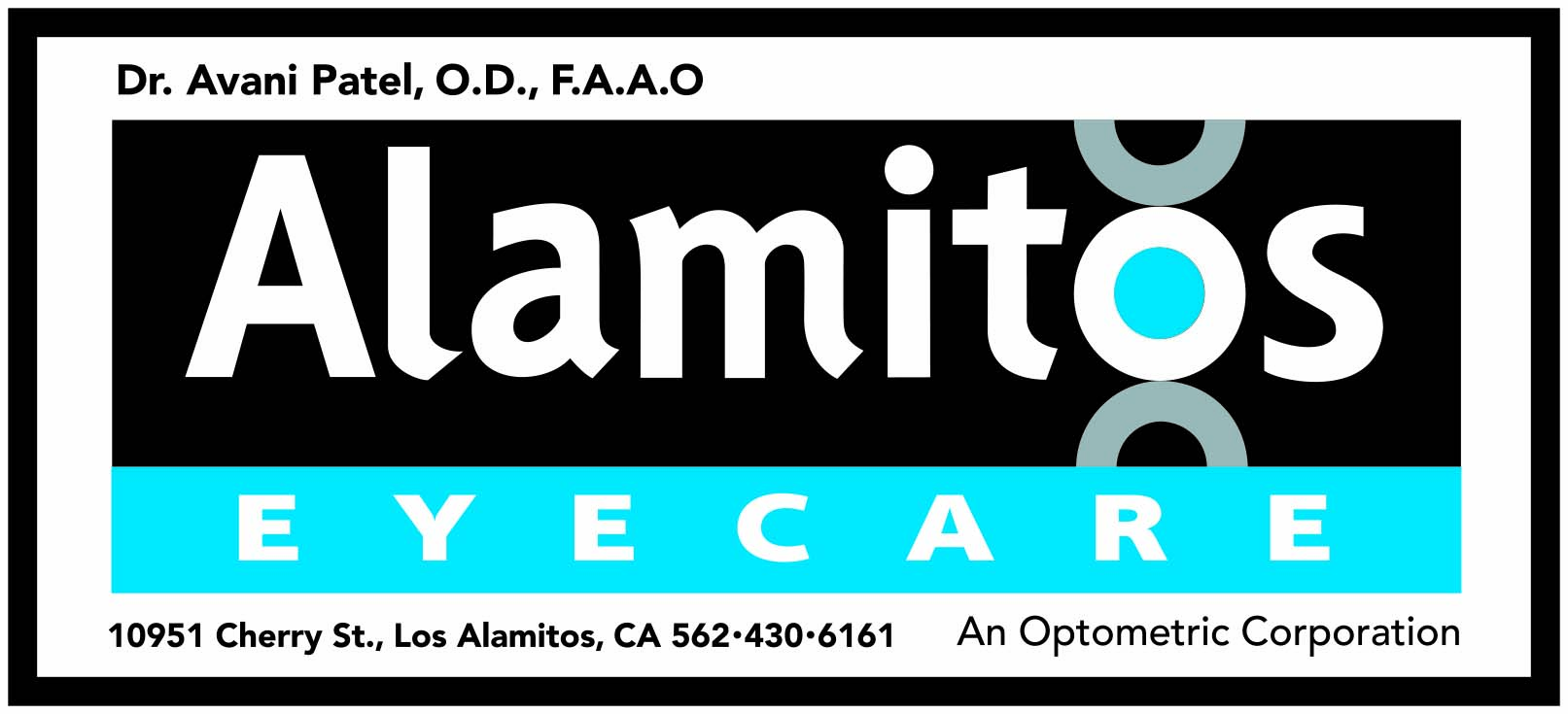
LB's COVID-19 Curve (cumulated positive test results) |
Fast Face Mask: CDC VIDEO Shows How To Make Your Own Face Mask With No Sewing, Just Bandana Or Tightly Woven Piece of Cloth Plus 2 Rubber Bands |
| (April 21, 2020, 6:30 a.m.) -- Preliminary results of antibody tests conducted and analyze by L.A. County and analyzed by USC reveal that roughly 40 times more L.A. County residents than previously tested positive to COVID-19 already have antibodies to the virus, indicating they've already been exposed to it regardless of whether they realized they were infected [and developed symptoms that under current triage protocols would allow them to be tested in the first place.]
As flashed on LBREPORT.com's front page and Facebook platform, L.A. County Dir. of Public Health Dr. Barbara Ferrer stated at the County's April 20 daily briefing that random sample serology (blood) testing of a little over 800 L.A. County residents for COVID-19 antibodies (indicating if person has ever been positive for COVID-19 regardless of whether they tested positive or had symptoms) estimates prevalence of COVID-19 in LA County to be 4.1% (with a range that could be as low as 2.8% or as high as 5.6% when test's reliability is factored in.)
The results invite the inference that the virus is statistically less deadly than previously thought since many more people have been exposed to it than have died from it. At the same time, it shows that a far larger number of individuals harbor the virus and were or are capable of spreading it. It remains true that for reasons not currently understood, some people experience serious illness (for which there are not current therapies) and some do not survive.. [Scroll down for further.] |
   |
| In a release, USC Professor Neeraj Sood acknowledged that the estimates "suggest that we might have to recalibrate disease prediction models and rethink public health strategies...but cautioned not to focus solely on how deadly the virus is.
At the briefing he said "We are very early in the epidemic, and many more people in L.A. County could potentially be impacted...And as those number of infections arise, so will the number of deaths, the number of hospitalizations, and the number of ICU admissions."
An an L.A. County Dept. of Public Health release,stated: ....The results are from the first round of an ongoing study by USC researchers and Public Health officials. They will be conducting antibody testing over time on a series of representative samples of adults to determine the scope and spread of the pandemic across the county.
LA County Public Health Dir. Ferrer noted the serology study doesn't mean those with antibodies are immune, or if they immune are how long the immunity lasts. She also noted the released data are preliminary and further samples will be taken over the next few months.
blog comments powered by Disqus Recommend LBREPORT.com to your Facebook friends:
Follow LBReport.com with:
Contact us: mail@LBReport.com |
  
 |